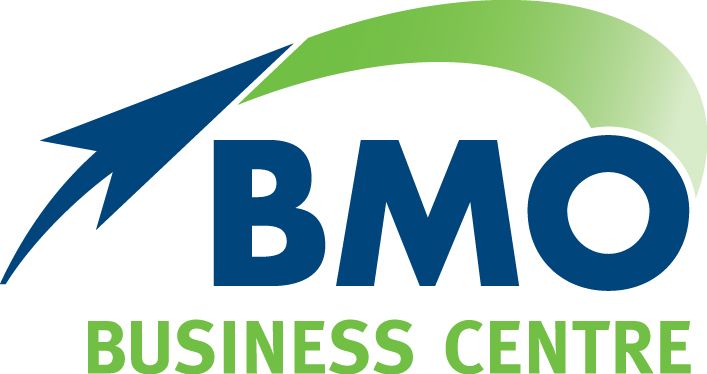Investing mistakes to avoid
Investing successfully and improving your investment portfolio can be as much about minimising mistakes as trying to pick the ‘next big thing’. It’s all about taking a calm and considered approach and not blindly following trends or hot tips.
Let’s delve into some of the most prevalent investment mistakes and look at the principles that underpin a robust and successful portfolio.
Chasing hot and trending shares
Every so often there are industries or shares that are all over the media and you may begin to worry that you are missing out on something. Jumping on every trend is like trying to catch a wave; you might ride it for a bit, but you’re bound to wipe out sooner or later. That’s because the hot tips and ‘buy now’ rumours often don’t pass the fundamentals of investing test.
The key is to keep a cool head and remember that the real winners are often the ones playing the long game.
Not knowing your ‘why’
What would you like your investment portfolio to achieve? Understanding your motivations and goals will help you to choose investments that work best for you.
If you want to build wealth for a comfortable retirement, say 20 to 30 years down the track, you can afford to invest in riskier investments to play the long-term game. If you have already retired and plan to rely on income from your portfolio, then your focus will be on investments that provide consistent dividends and less on capital growth.
Timing the market
Timing the market involves buying and selling shares based on expected price movements but at best, you can only ever make an educated guess and then get lucky. At worst, you will fail.
As the world-renowned investor Peter Lynch wrote in his book Learn to Earn : “Far more money has been lost by investors trying to anticipate corrections, than lost in the corrections themselves”. i
Putting all the eggs in one basket
This is one of the classic concepts of investing but it’s worth repeating because, unless you are regularly reviewing your portfolio, you may be breaking the rule.
Diversifying your portfolio allows you to spread the risk when one particular share or market is performing badly.
Diversification can include different countries (such as adding international shares to your portfolio), other financial instruments (bonds, currency, real estate investment trusts, exchange traded funds), and industry sectors (ensuring a spread across various sectors such as healthcare, retail, energy, information technology).
Avoiding asset allocation
While diversification is key, how do you achieve it? The answer is by setting an asset allocation plan in place and reviewing it regularly.
How much exposure do you want to diversify into defensive and growth assets? Within them, how much should be invested in the underlying asset classes such as domestic shares, international shares, property, cash, fixed interest and alternatives.
Making emotional investment decisions
The financial markets are volatile and that often leads investors to make decisions that in hindsight seem irrational. During the COVID-19 pandemic, on 23 March 2020 the ASX 200 was 35 per cent below its 20 February 2020 peak. ii By May 2021, the ASX 200 crossed the 20 February 2020 peak. Many investors may have made an emotional decision to sell out during the falling market in March 2020 but then would have missed the some of the uplift in the following months in.
Seeking out quality and trustworthy financial advice can help to minimise investment mistakes. Give us a call if you would like to discuss options for growing your portfolio.
i From the Archives: Fear of Crashing, Peter Lynch – From the Archives: Fear of Crashing – Worth
ii Australian Securities Markets through the COVID-19 Pandemic – Australian Securities Markets through the COVID-19 Pandemic | Bulletin – March 2022 | RBA
The information in this article does not take into account your objectives, needs and circumstances. We recommend that you obtain investment and taxation advice specific to your investment objectives, financial situation and particular needs before making any investment decision or acting on any of the information contained in this document. Subject to law, Capstone Financial Planning nor their directors, employees or authorised representatives gives any representation or warranty as to the reliability, accuracy or completeness of the information; or accepts any responsibility for any person acting, or refraining from acting, on the basis of the information contained in this document. Principal Wealth Management Pty Ltd trading as BMO Financial Solutions ABN 53 109 336 601 is a Corporate Authorised Representative (CAR 277821) of Capstone Financial Planning Pty Ltd ABN 24 093 733 969 Australian Financial Services Licence (AFSL) No. 223135.
The post Investing mistakes to avoid appeared first on BMO Accountants.


